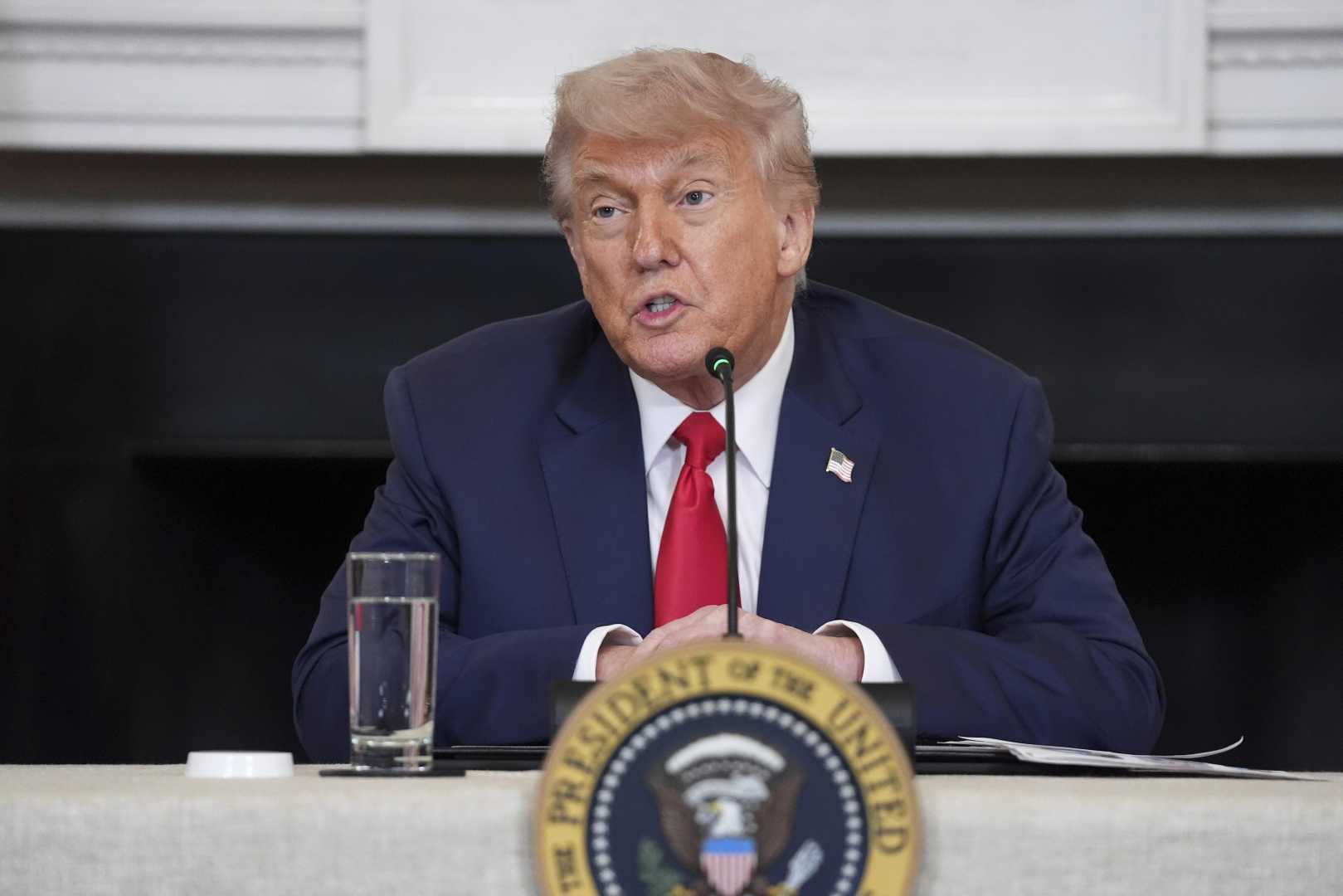Politics
Fulbright Board Resigns Over Alleged Political Interference by Trump Administration

WASHINGTON, D.C. — All 12 members of the Fulbright Foreign Scholarship Board announced their resignation on Wednesday, citing political interference by President Donald Trump’s administration in the prestigious exchange program.
The board accused the administration of denying Fulbright awards to numerous candidates selected for the 2025-2026 academic year, claiming this action “usurped the authority of the Board.” The board stated that approximately 1,200 additional international Fulbright recipients are currently subject to an unauthorized review process that could lead to more rejections.
In a statement released after their resignation, the members expressed concern that these measures contradict the program’s mission and values outlined by Congress, which include supporting free speech and academic freedom. “We believe these actions not only contradict the statute but are antithetical to the Fulbright mission,” they said.
The Fulbright Program, established by Congress in 1946 under President Harry Truman, provides scholarships for international students, young professionals, and artists to study and conduct research in the United States. It operates in over 160 countries, sponsoring approximately 4,000 foreign students annually.
The board specifically highlighted that the awards affected by the administration’s actions were concentrated in fields such as biology, engineering, architecture, and various medical sciences. They have raised these concerns multiple times with senior officials but received no acknowledgment of their objections.
In response, a senior State Department official labeled the board’s resignation a “political stunt,” asserting that the administration’s actions were in line with its policies to ensure alignment with national interests. They argued the board does not have exclusive authority over Fulbright applications.
The board, appointed by the president, includes all members appointed by Joe Biden. The resignation reflects ongoing tensions between the State Department and academic institutions, particularly after proposed budget cuts to the Bureau of Educational and Cultural Affairs were raised.
“Injecting politics and ideological mandates into the Fulbright program violates the letter and spirit of the law that Congress so wisely established nearly eight decades ago,” the board concluded in its statement.












